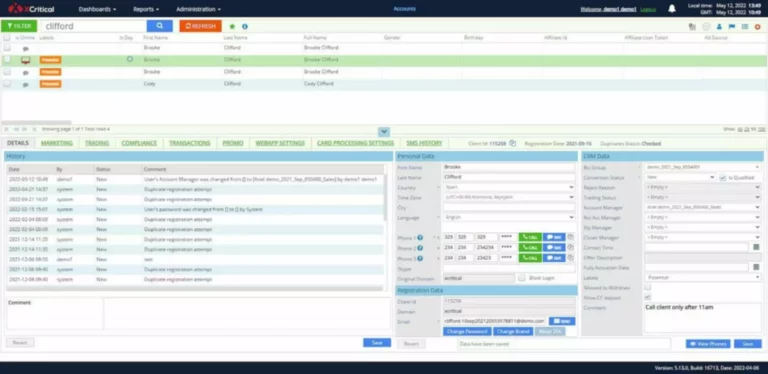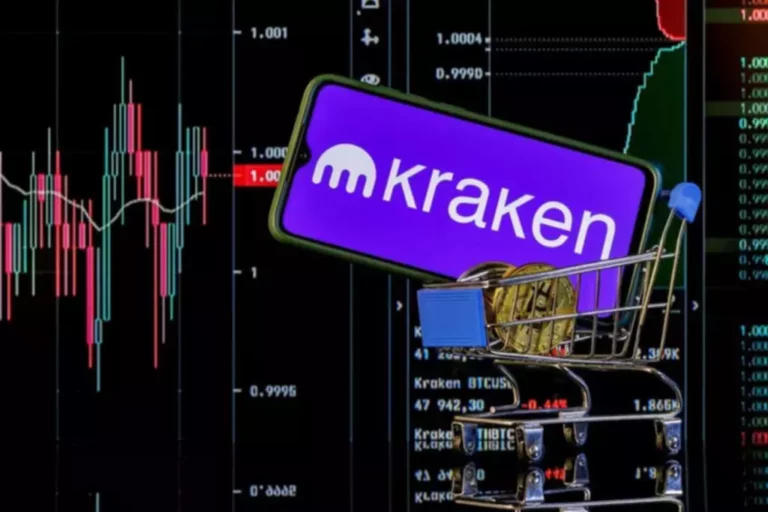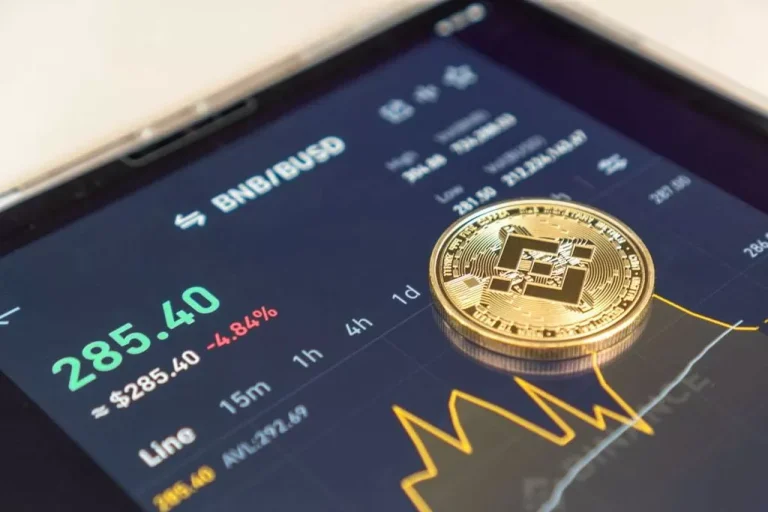Since trades are executed immediately between buyers and sellers, there is no want for the transaction details to be publicly disclosed. This may be particularly beneficial for traders who need to maintain their trading actions personal or who are https://uktradeinvestusa.com/how-can-uk-firms-ensure-product-compliance-in-the-usa/ involved concerning the impact of their trades in the marketplace. For instance, if you’re in the UK and wanted to trade stocks in a company listed in Germany, you would do it through OTCQX.
How Can I Buy Stocks On Otc Markets?
When trading on a centralized exchange, all transactions are recorded and made public. This signifies that anyone can see the major points of your trades, together with the price at which you bought or offered a inventory. In contrast, OTC trading allows buyers to keep their transactions private, which may be notably essential for these who value their privacy or wish to maintain their buying and selling methods confidential.
Friday Four: Execs And Cons Of Bruins Trading Marchand
The open market consists of corporations that don’t have any reporting requirements and aren’t subject to regulatory oversight. However, a lot of the businesses in this market aren’t established. This method of buying and selling presents several advantages that make it a gorgeous option for a lot of traders. In this article, we’ll discover the pros and cons of OTC buying and selling, starting with the benefits.
The OTCQX and OTCQB markets, for instance, focus primarily on the shares of small public firms, whereas the OTC Pink tier includes a wider range of securities. OTC-listed corporations are often in thrilling high-tech fields like biotech, green power, and fintech. While dangerous, the potential for high reward is appealing to many traders. To list on the OTC exchanges, companies should have FINRA-approved broker-dealer sponsors. And they must have no much less than three broker-dealers willing to trade the safety. OTC markets are generally cast as the seedy underbelly of the inventory market.
This information will explain the fundamentals of over-the-counter (OTC) trading, the method it works, and the securities you ought to buy or promote. Ever dreamt of being a Wall Street tycoon, sipping champagne whereas watching your investments soar? Well, excellent news – you do not need a pinstripe go well with or a corner office to make it happen. Thanks to the wonders of the web and online brokerage accounts, the inventory market is now open to everybody, from seasoned investors to curious newbies. The key is doing thorough analysis, understanding the risks, and only investing money you’ll be able to afford to lose.
- Also, analyze their aggressive panorama to establish major rivals and see how they stack up.
- Look for stable or rising revenue and web income over the past few years.
- Remember that OTCs are the underbelly of the stock market, the place many firms go to die.
- This can make it difficult for buyers to precisely assess the value of an OTC stock and might improve the overall risks of investing in these shares.
- Of course, the downside of buying and selling Marchand is it might damage them within the instant future.
This type of buying and selling allows buyers to purchase and sell shares immediately with one another, without the need for a centralized exchange. While there are actually advantages to OTC buying and selling, you will want to additionally consider the disadvantages earlier than diving in. OTC markets trade a variety of securities including stocks, bonds, derivatives, REITs, and ADRs. Many small corporations, penny shares, shells and distressed corporations commerce on OTC markets as a result of extra relaxed itemizing necessities.
OTC buying and selling, also referred to as over-the-counter buying and selling, refers back to the process of buying and selling monetary instruments directly between two events with out the involvement of a centralized trade. This method of buying and selling has its own set of advantages and drawbacks, which we are going to discover on this introduction. You will need to signal disclosures confirming you perceive the additional dangers. Check along with your dealer for details on their specific fees and processes for buying and selling OTC.
A series of one-year offers are probably preferable for the Bruins, although it could be powerful to persuade Marchand to take a reduction. What’s attention-grabbing is that the decentralised nature of this kind of buying and selling implies that non-standard gadgets could be bought/sold via the OTC market. This means that property don’t always need to have a clearly outlined range of high quality or amount.
Over The Counter (OTC) buying and selling has turn out to be more and more popular on the planet of inventory buying and selling. It provides a convenient and accessible means for traders to buy and promote securities without the need for a centralized change. However, like several trading technique, OTC trading has its justifiable share of disadvantages that buyers ought to be conscious of. Investors are conversant in buying and selling on an exchange such as the NYSE or Nasdaq, with common financial stories and relatively liquid shares that might be bought and offered. On an exchange, market makers – that is, massive buying and selling companies – assist keep the liquidity high so that investors and merchants can transfer out and in of stocks.
The tiers also give no indication of the funding merits of the corporate and should not be construed as a advice. An over-the-counter derivative is any spinoff safety traded within the OTC marketplace. A derivative is a monetary security whose worth is set by an underlying asset, similar to a inventory or a commodity.
Saxo Capital Markets doesn’t take into account an individual’s needs, goals or financial scenario. The Target Market Determination should help you in figuring out whether any of the products or services we offer are prone to be constant with your aims, financial situation and needs. OTC buying and selling also carries a higher stage of counterparty threat compared to buying and selling on a centralized exchange. When trading on an change, traders have the reassurance that their trades are cleared and settled by a trusted third get together. In OTC buying and selling, nonetheless, the counterparty threat is higher as a end result of trades are carried out immediately between two parties. This means that if the counterparty fails to satisfy their obligations, such as delivering the securities or making fee, the investor could additionally be left with little recourse.
Sketchy companies keep off the listed exchanges to keep away from scrutiny and regulation. The OTC markets are a barely regulated, high-risk marketplace where delisted and unlisted shares trade. If you consider the most important exchanges as a financial institution, the OTC markets are just like the alley behind the financial institution. Over-the-counter markets are those where stocks that aren’t listed on major exchanges such as the New York Stock Exchange or the Nasdaq can be traded. More than 12,000 stocks trade over the counter, and the businesses that problem these stocks choose to trade this manner for a wide range of causes.
It wasn’t as easy to make sketchy offers with listed firms, although it still occurred. You often see a number of minutes of motion in one path earlier than the price modifications. Compare that to a listed inventory, the place the worth motion can get uneven. You might see big pulls on an upward move, all in the same minute. Stock dealer with a ardour for sharing his knowledge and insights with others, which led him to begin a blog about inventory trading, cryptocurrencies, and broker evaluations. Here’s a rundown of how the over-the-counter stock markets work and the types of securities you would possibly find on the OTC markets.
StocksToTrade in no way warrants the solvency, financial condition, or investment advisability of any of the securities talked about in communications or websites. In addition, StocksToTrade accepts no liability in any respect for any direct or consequential loss arising from any use of this data. This data is not supposed to be used as the sole foundation of any investment choice, should it’s construed as recommendation designed to satisfy the investment needs of any particular investor. That was an change, but it’s now owned by the identical holding firm that owns the NYSE.
















